The Vancouver housing market 2025 has taken a noticeable turn compared to the frenzied seller’s market of previous years. After a decade of soaring prices, Vancouver home prices are finally easing in many areas. In fact, Metro Vancouver is now largely considered a buyer’s market. For the first time in years, buyers have more negotiating power as inventory builds and prices soften. In this blog, we’ll explore the real estate trends in Vancouver – particularly which Vancouver neighborhoods (across Greater Vancouver) are seeing the steepest price declines in today’s market – and what it means for buyers and sellers.
Overview: A Cooling Vancouver Real Estate Market in 2025
It’s no secret that the Vancouver real estate market has cooled relative to its peak. Rising interest rates, new government policies, and buyer fatigue have all contributed to this shift. The benchmark price for a home in Metro Vancouver was about $1,173,100 in mid-2025, down nearly 3% from a year earlier. Likewise, the average selling price (all property types) in Vancouver has fallen roughly 3–4% year-over-year.
While a 3% dip might not sound dramatic, some areas are experiencing much larger drops. Importantly, sales-to-listings ratios have dropped below 40%, firmly tipping conditions in favor of buyers. With more homes for sale in Vancouver (active listings up around 14% annually by late 2025) and fewer bidding wars, prices are under downward pressure.
Why are prices falling? High mortgage rates have reduced what buyers can afford, curbing demand. At the same time, housing inventory has grown. New listings surged in spring 2025, pushing Metro Vancouver’s total active listings to their highest level in over a decade. This glut of supply, combined with cautious buyers, has led to price cuts. Investor activity has also pulled back – changes like stricter short-term rental rules in Vancouver (limiting Airbnbs) have prompted some investors to sell, adding to inventory.
Despite these declines, it’s worth noting that Vancouver is still Canada’s priciest market — just a tad less expensive than before. Housing affordability in Vancouver has slightly improved, but prices are still far out of reach for many locals. Now, let’s zero in on the neighborhoods seeing the biggest price drops.
Neighborhoods Hit Hardest by Price Declines
Not all parts of Greater Vancouver are equally affected. Some Vancouver neighborhoods have seen only modest price changes, while others have experienced significant declines. Below we highlight the areas with the most notable year-over-year price drops (as of mid-to-late 2025), along with their average prices and context for each.
Table: Benchmark Home Prices and Year-over-Year Changes in Selected Greater Vancouver Areas
| Area (Region) | Typical Home Price (Benchmark) | YoY Price Change |
|---|---|---|
| Burnaby East | $1,095,100 (composite) | –7% |
| West Vancouver | ~$2,500,000 (all homes) | –6% |
| Richmond | $1,131,300 (composite) | –5.2% |
| Surrey / Fraser Valley | $951,500 (composite) | –1% |
Burnaby East: Leading the Decline
Burnaby East tops the list with the sharpest price drop in Greater Vancouver. This area saw a 7% year-over-year decline, bringing the benchmark home price to roughly $1.095 million.
Why Burnaby East? A few factors may be at play. Burnaby East is a relatively affordable sub-market (by Vancouver standards) that experienced a lot of price run-up during the pandemic boom. Now, with interest rates higher, buyers qualify for less, and demand in this more price-sensitive area has pulled back. Additionally, Burnaby East has seen new condo and townhome developments in recent years, adding supply.
With more options on the market, sellers have had to become more flexible on price. The result is a noticeable dip in Vancouver property values here. The real estate trends in Vancouver suggest that outlying but still pricey areas like this are adjusting the most. The good news for buyers: there may be homes for sale in Vancouver suburbs like Burnaby East at prices not seen since 2021. For sellers, pricing realistically is crucial, as the market is no longer as forgiving.
West Vancouver: Luxury Market Cooling Off
On the opposite end of the spectrum — geographically and price-wise — is West Vancouver. This exclusive municipality, known for multi-million-dollar homes and ocean views, saw prices slide about 6% year-over-year. That’s a notable drop in the luxury segment.
The luxury market tends to be more volatile, and when things cool, they really cool. Fewer international buyers and higher carrying costs have reduced the pool of buyers for high-end homes. In 2025, many luxury sellers have had to cut asking prices or wait longer to find a buyer.
The Vancouver real estate market no longer has the same frenzy for mansions and luxury condos that it did a few years ago. For buyers interested in high-end homes, this is actually an encouraging development — it’s a rare window where ultra-expensive Vancouver property values are negotiable. That said, affordability is relative; West Van’s average home price is still around $2.5 million.
Richmond: Suburban Hub with Notable Declines
Richmond, a large suburb just south of Vancouver, has also experienced a significant price correction. The composite benchmark in Richmond fell about 5.2% year-over-year to roughly $1.13 million.
Several dynamics could be contributing to Richmond’s slide. First, Richmond had seen tremendous price growth over the past decade, so it was due for a breather. It’s possible that buyer’s market Vancouver conditions are emerging even here — buyers are no longer scrambling to pay whatever it takes, and listings are staying up longer.
Moreover, speculative demand that once bolstered Richmond has waned due to taxes and restrictions targeting foreign ownership. On the ground, inventory in Richmond has increased, giving buyers more choices and negotiating power. The result: sellers have had to trim prices to close deals.
For first-time buyers or move-up buyers who were eyeing Richmond but got priced out in the past, a 5% price dip is a welcome relief. Townhomes and condo prices Vancouver suburbs like Richmond are also a bit softer now. The benchmark price for a Richmond apartment is around $710k and attached homes ~ $1.09M, both down a few percent annually. It’s still steep — but a bit less than before.
Vancouver West vs. Vancouver East: The City’s West Side Sees Bigger Drops
Within the City of Vancouver, the West Side is seeing larger declines than the East Side.
On Vancouver’s West Side, detached houses have fallen about 6.9% year-over-year, with a typical home now around $3.23 million, down from roughly $3.47M a year ago. High-end areas like Shaughnessy, Arbutus, and Kerrisdale have seen prices pull back as buyer demand at $3M+ shrinks. Townhouses are down about 3%, and condos about 4% YoY.
In Vancouver East, price drops have been a bit more moderate — around 5% for detached homes (benchmark ~$1.76M) and roughly the same for condos (benchmark ~$673k). One reason the East Side hasn’t dropped as much may be that its starting prices were lower, and there remains strong local demand for more “affordable” family homes.
Areas like Mount Pleasant and Fraser still have a lot of buyers looking, and inventory remains limited. Family-friendly, centrally located Vancouver neighborhoods are holding up better, while high-end homes and condos continue to see the most correction.
In summary, the Vancouver West Side is down ~7% depending on property type, while the East Side is down about 4–5%. Buyers may find opportunities in West Side neighborhoods that were once unreachable, while the East Side remains relatively stable.
The Fraser Valley (Surrey, Langley, etc.): Smaller Declines, Balanced Market
The Fraser Valley — including Surrey, Langley, and Delta — has seen a milder correction compared to central Vancouver. The composite benchmark price in mid-2025 was around $951,500, down just over 1% from a year earlier.
Breaking it down:
-
Detached houses in Surrey dropped around 4.6% YoY to ~$1.46M
-
Townhouses fell 3.1% to ~$824k
-
Condos declined 4.5% to ~$526k
These declines are modest compared to the city. One reason is that prices in the Valley already corrected earlier when rates first spiked. Also, it remains a popular choice for those priced out of Vancouver. While sales have slowed, the Valley offers more choice, and sellers are generally more realistic on pricing.
The result? A relatively balanced market with room for negotiation. For buyers, this means slightly lower prices and better selection without the intense competition seen in past years.
Coquitlam and the Tri-Cities: Mild Softening After Previous Run-Up
The Tri-Cities (Coquitlam, Port Coquitlam, Port Moody), along with nearby suburbs like New Westminster and North Vancouver, have seen moderate price softening in 2025 — not as steep as Burnaby East or West Vancouver, but notable nonetheless.
Detached homes in Coquitlam are down a few percent year-over-year. Townhouses and condos are relatively stable, down around 2–3%. North Vancouver, both City and District, has also seen slight dips, with condos and townhomes roughly flat to down 2%.
Interestingly, Squamish bucked the trend and saw a +2.6% increase in prices in early 2025, likely due to its smaller inventory and continued demand from buyers seeking outdoor lifestyles. For the rest of Metro Vancouver, however, a gentle cooling has been the trend.
What This Means for Buyers and Sellers
With many Vancouver neighborhoods seeing price declines, the landscape has changed from just a few years ago.
For Buyers
It’s a good time to re-enter the market. There are more homes for sale in Vancouver, less competition per listing, and slightly lower prices. It’s genuinely a buyer’s market in Vancouver for the first time in a long while. Buyers now have time to compare listings, make offers below asking, and negotiate terms — something nearly impossible during the 2021–2022 boom.
If you sat out during the bidding wars, 2025 offers a chance to step back in. While Vancouver is still expensive, housing affordability in Vancouver has slightly improved thanks to these declines and increased inventory.
For Sellers
It’s crucial to adapt to this new reality. Pricing your home correctly from the start is more important than ever. Homes that are well-presented and priced to current Vancouver property values still sell — but overpricing leads to long listing periods.
On average, prices are down across all property types in 2025. If your area was one of the hardest hit (Burnaby East, Richmond, or West Vancouver), expect prices to be 5–7% lower than last year. Still, long-time owners are in a good position; those who bought 5+ years ago remain well ahead in terms of equity.
Investors and renters are watching closely too. Average rents in Vancouver have slightly decreased in 2025 due to increased rental supply and new short-term rental restrictions. This has eased investor demand, further cooling prices.
Final Thoughts
The Vancouver housing market 2025 is undergoing a reset. Vancouver home prices are down modestly overall, but some neighborhoods — especially luxury and recently developed areas — have seen sharper corrections. This marks a shift toward balance and opportunity after years of extreme seller dominance.
If you’re buying, this could be your moment. If you’re selling, success will depend on pricing, presentation, and patience. Either way, the market is healthier now than it’s been in years — and that’s good news for everyone who calls Greater Vancouver home.
If you’re thinking about buying or selling a home in Vancouver, now’s the time to talk strategy. The market is shifting, and having a knowledgeable expert by your side can make all the difference.
Reach out to Adam Chahl, Founder of Vancouver Home Search and Realtor® with PLACE Real Estate Team – Oakwyn Realty, for an honest market assessment and personalized advice.
Whether you’re curious about your home’s current value or want to explore the best opportunities in today’s Vancouver real estate market, Adam and his team can help you make confident, data-driven decisions.
Key Takeaways
-
The buyer’s market Vancouver is seeing now is the first in years.
-
Burnaby East, West Vancouver, and Richmond have had the biggest year-over-year price declines.
-
Condo prices in Vancouver and its suburbs have dipped 3–5% on average.
-
The Fraser Valley remains more stable, with smaller declines and balanced conditions.
-
Housing affordability in Vancouver has improved slightly but remains challenging overall.
FAQs About Vancouver Home Prices and Market Trends
1. Which Vancouver neighborhoods are seeing the biggest home price drops in 2025?
The steepest price declines have been seen in Burnaby East (around –7%), West Vancouver (–6%), and Richmond (–5.2%). The Vancouver West Side is also experiencing notable declines, particularly for luxury homes, while the East Side remains more stable.
2. Why are Vancouver home prices falling in 2025?
High mortgage rates, increased housing inventory, and stricter lending conditions have reduced buyer demand. Additionally, government policies limiting short-term rentals and foreign investment have cooled speculative activity, leading to softer Vancouver property values.
3. Is Vancouver now considered a buyer’s market?
Yes. The Vancouver housing market 2025 has shifted firmly into a buyer’s market, with the sales-to-listings ratio below 40%. This means buyers now have more negotiating power, more listings to choose from, and fewer bidding wars.
4. Are condo prices dropping as much as detached homes?
Not quite. Condo prices in Vancouver have dropped around 3–5% year-over-year, while detached houses and luxury homes have declined more steeply (5–7% on average). Suburban condos, like those in Richmond or Burnaby, have seen moderate but steady softening in price.
5. What does this mean for buyers and sellers right now?
For buyers, this is one of the best times in recent years to purchase with less competition and slightly lower prices. For sellers, pricing accurately is essential. Working with an experienced Realtor® who understands real estate trends in Vancouver can help you position your home competitively in today’s shifting market.
MLS® Listings in Vancouver East | Homes for Sale, $800,000 - $900,000

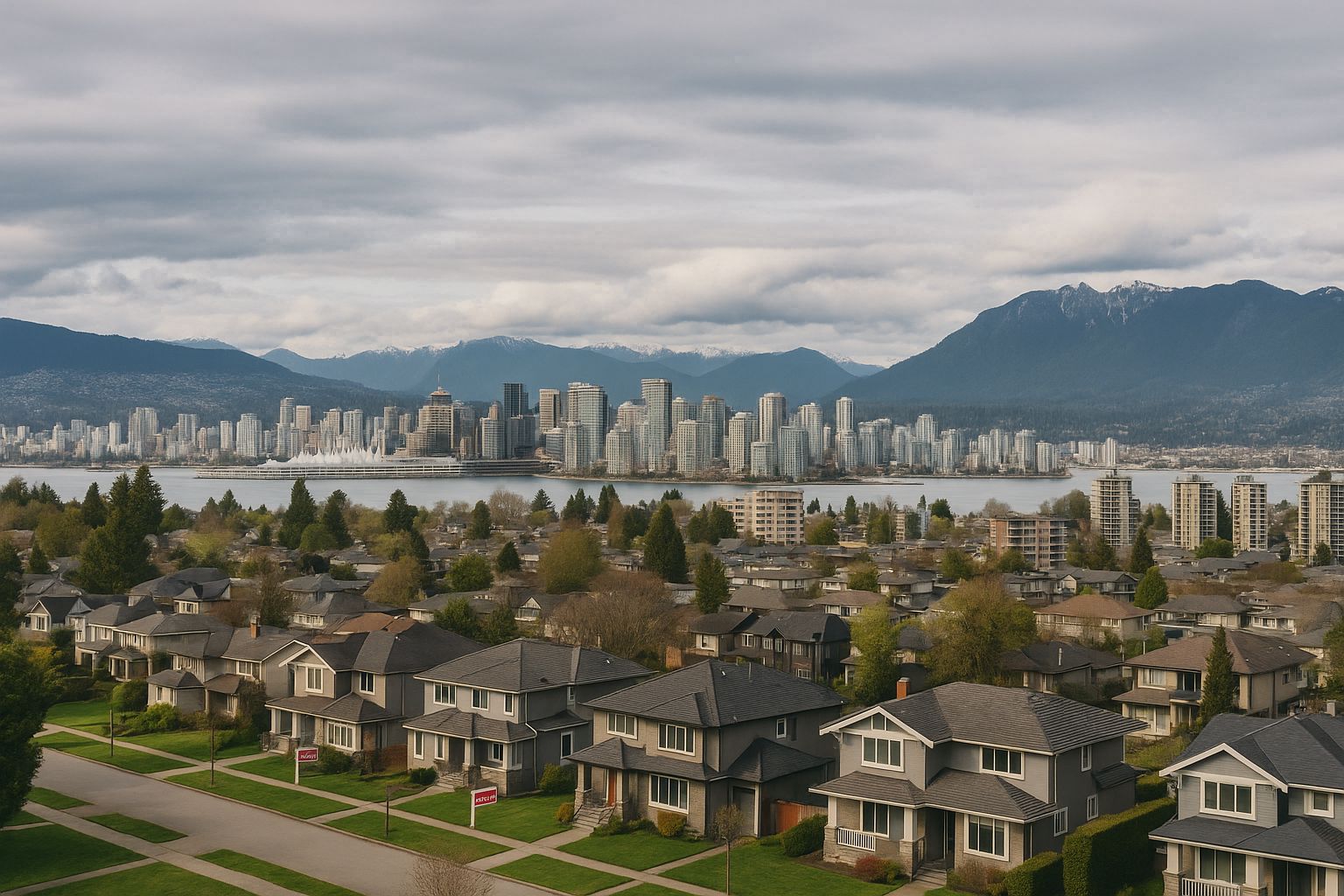
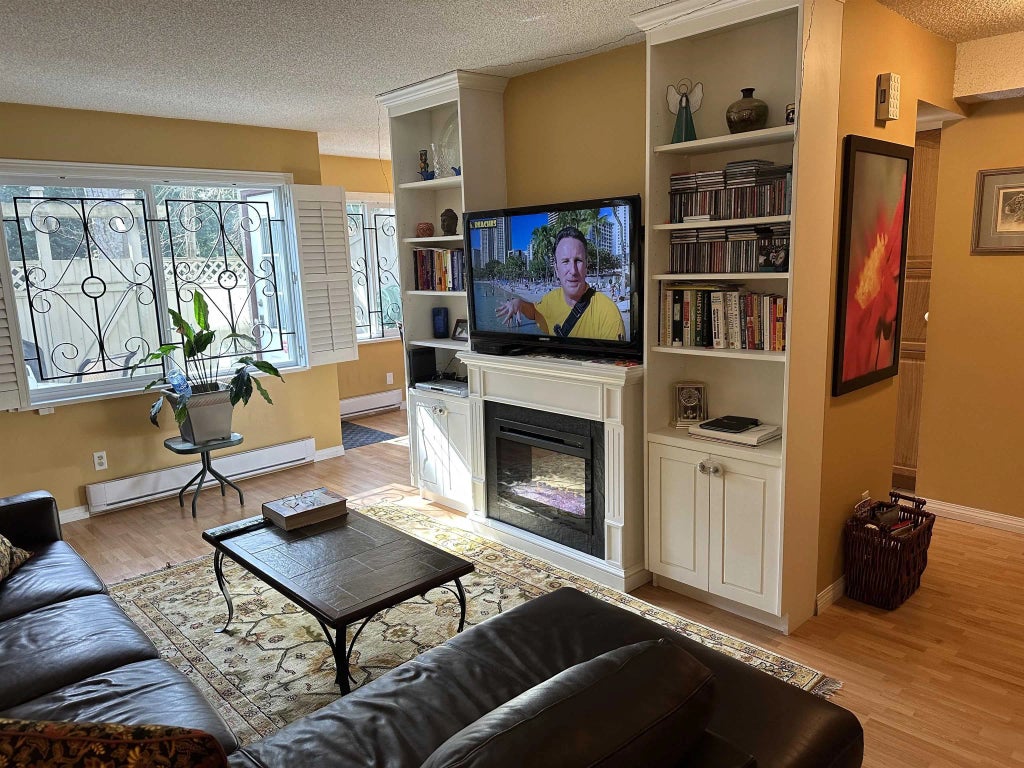

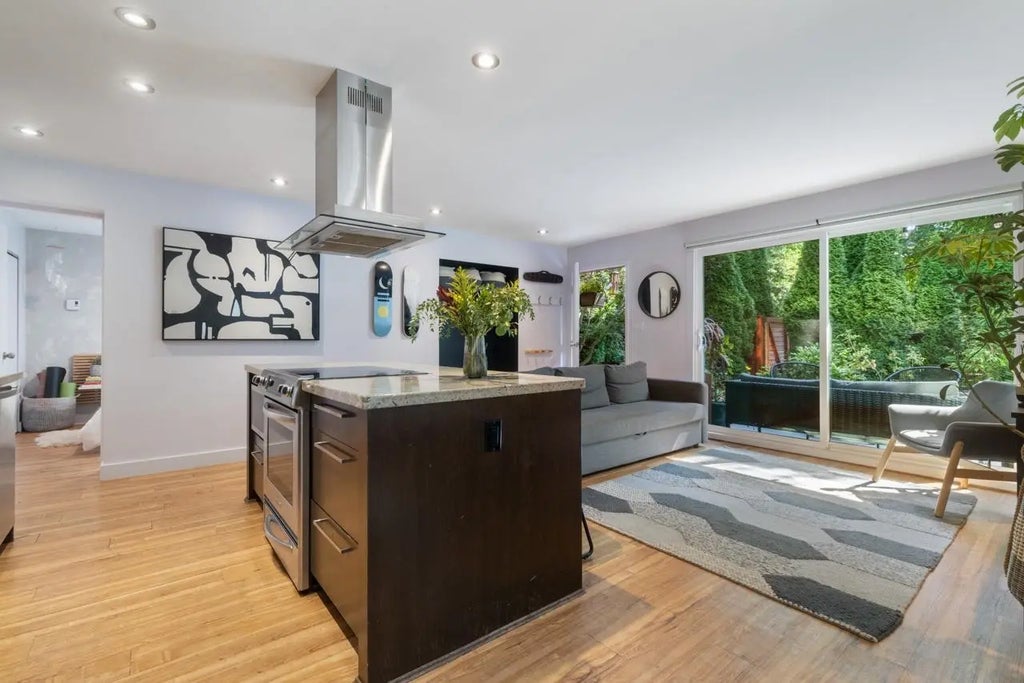
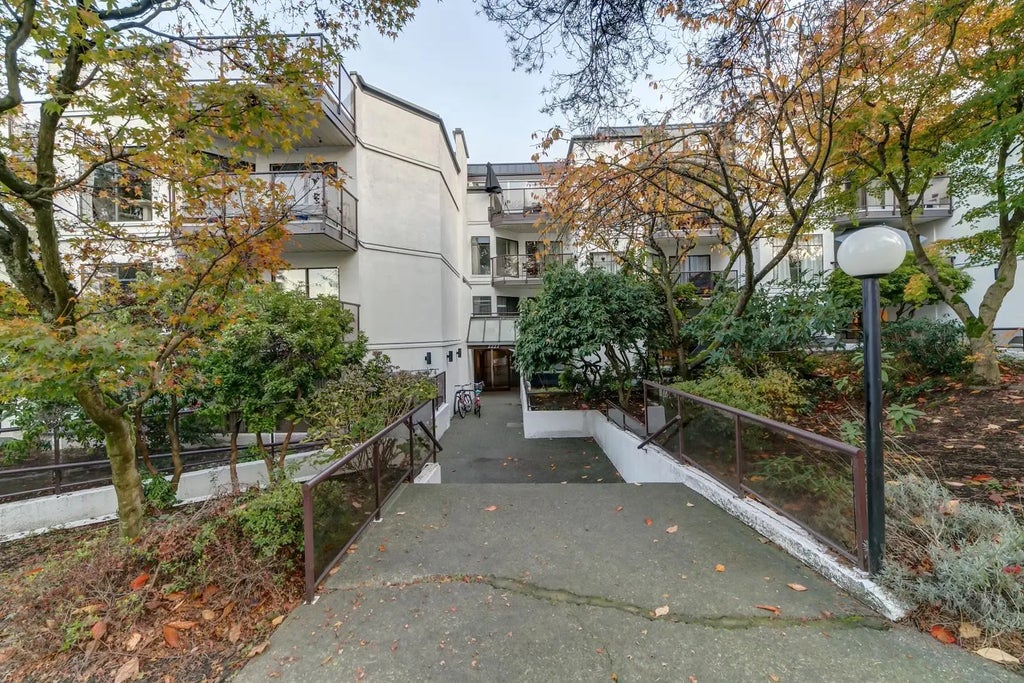
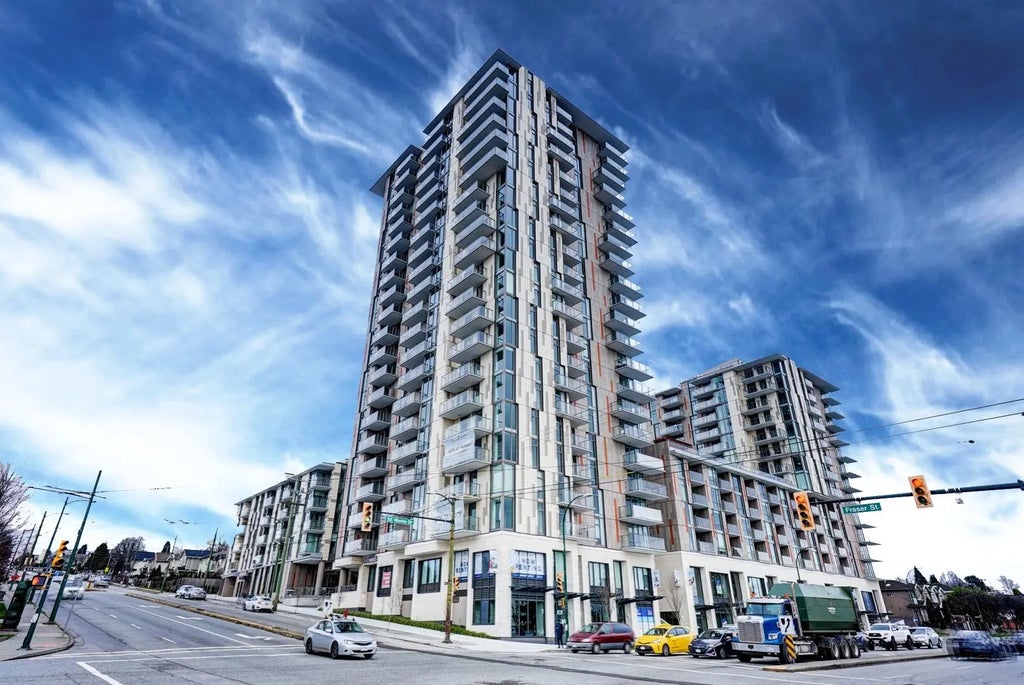
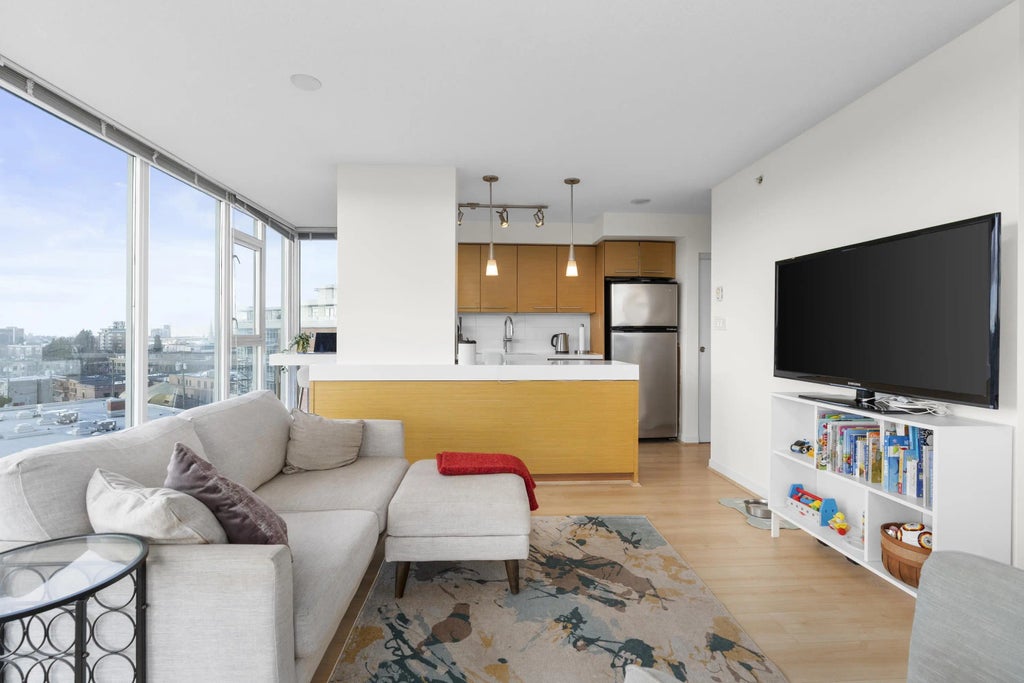
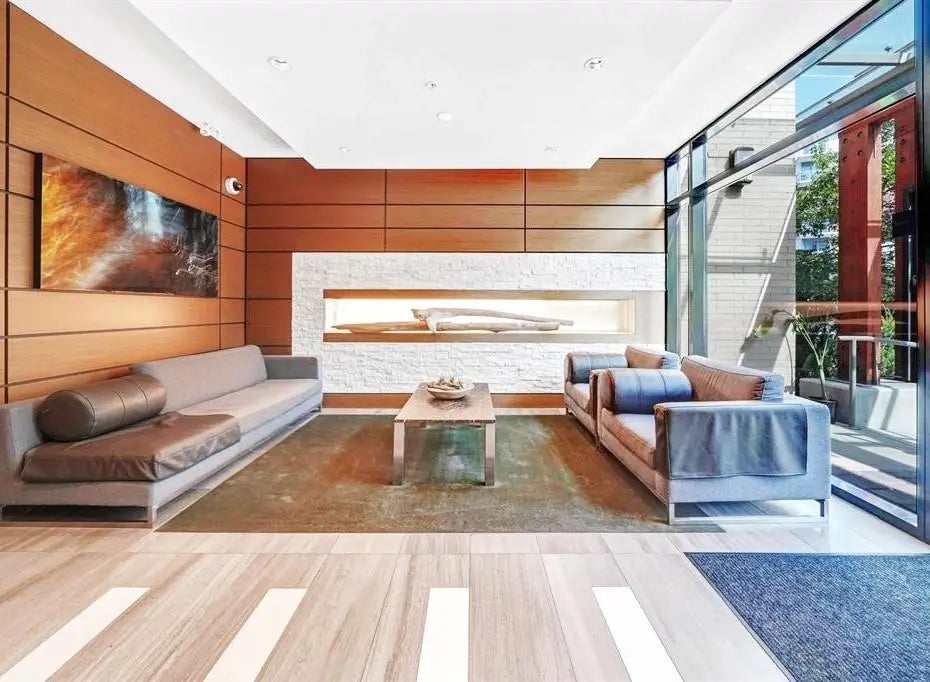
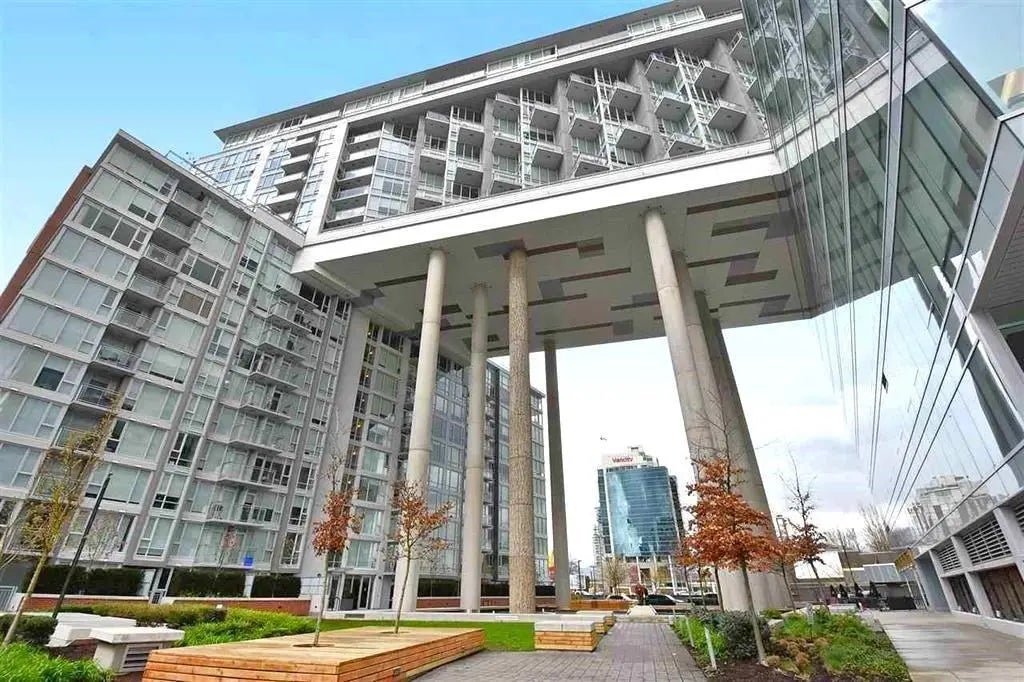
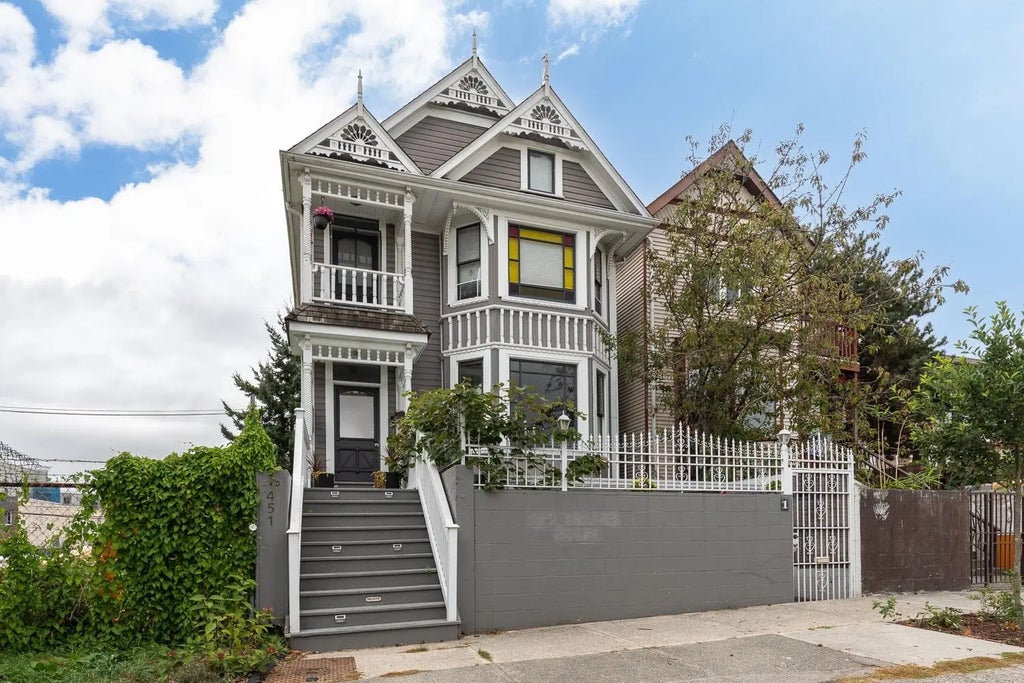
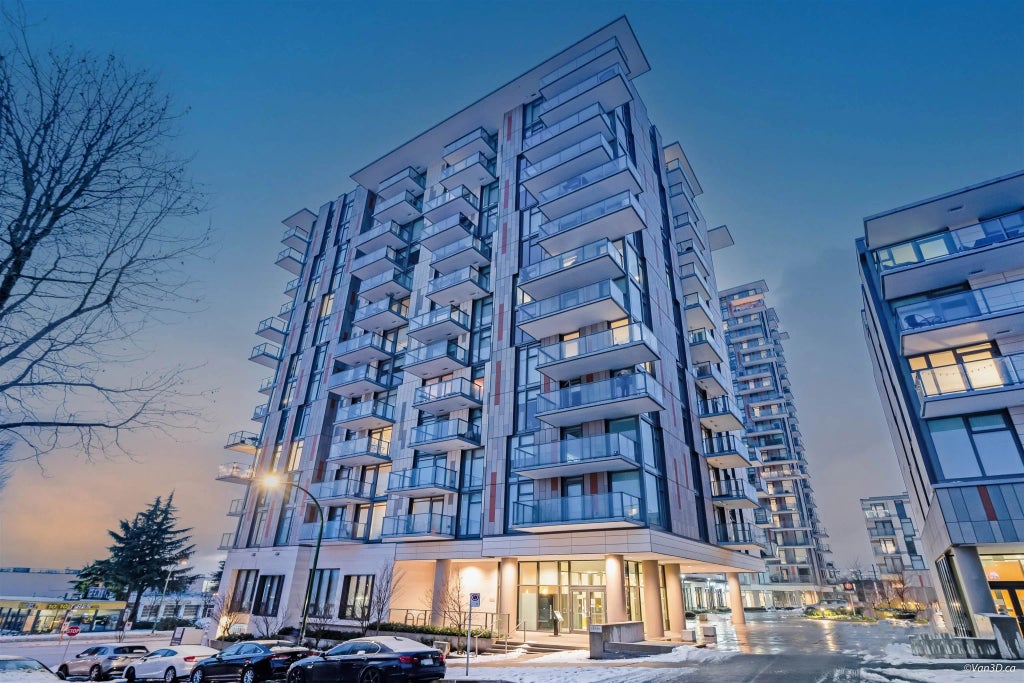
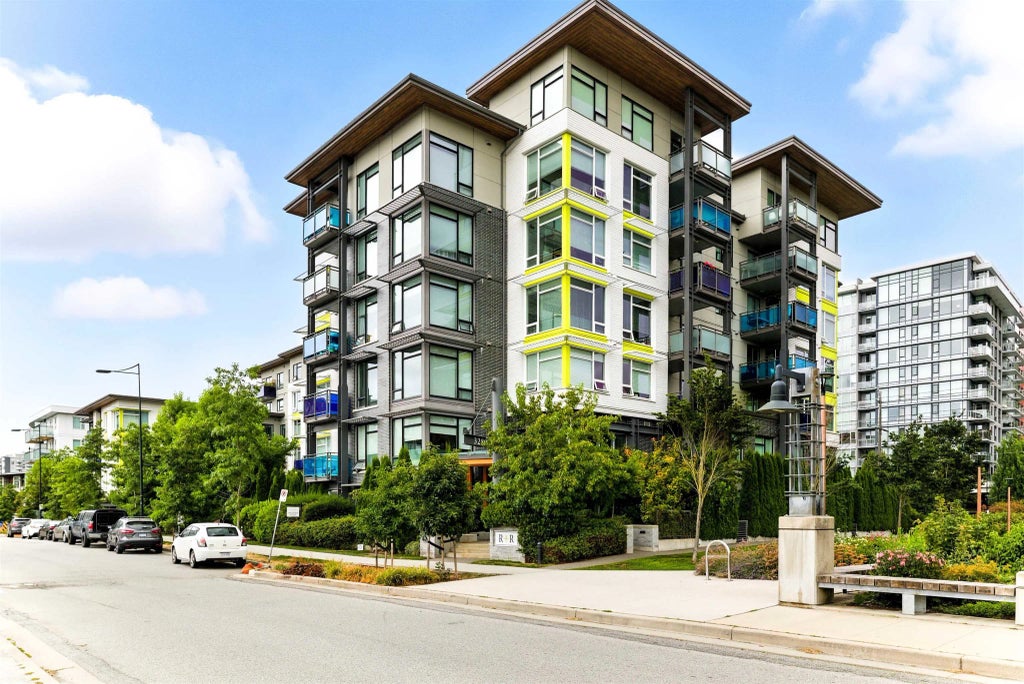
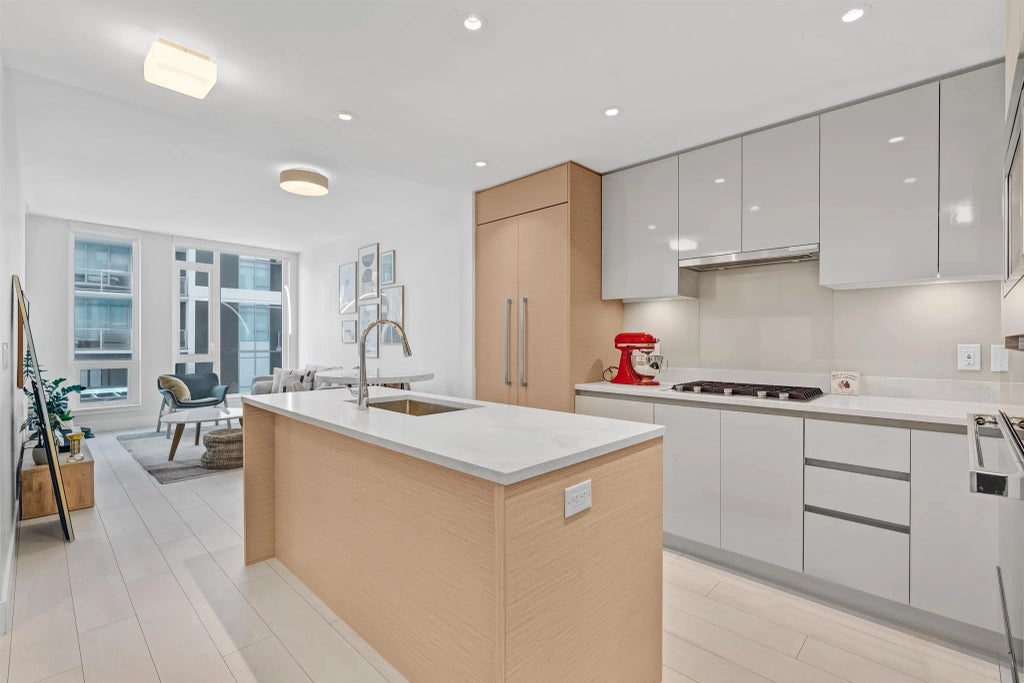
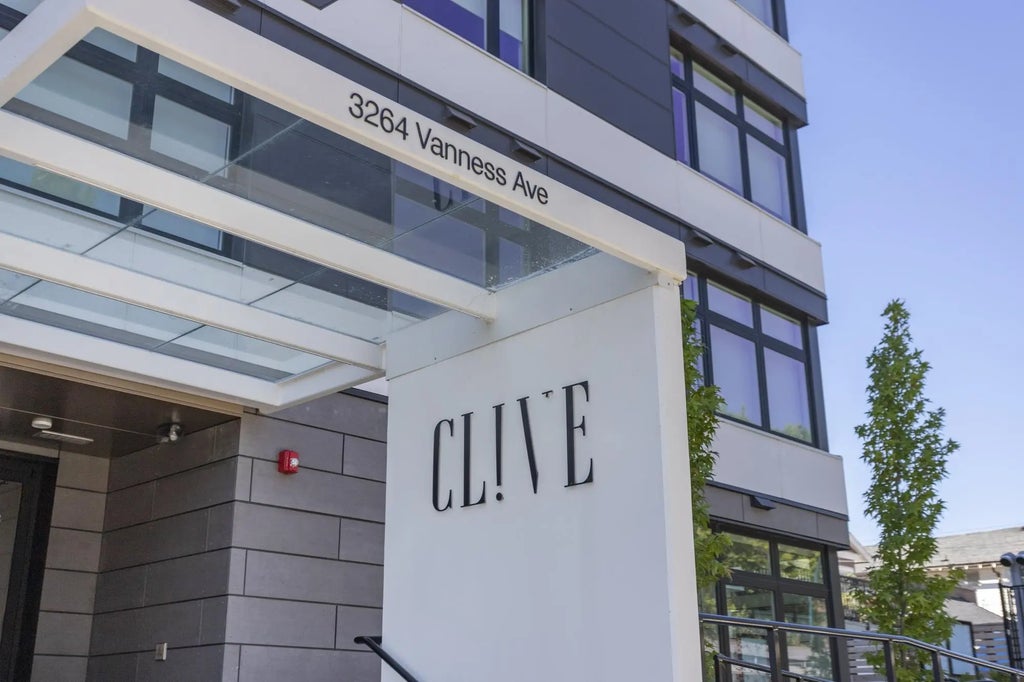
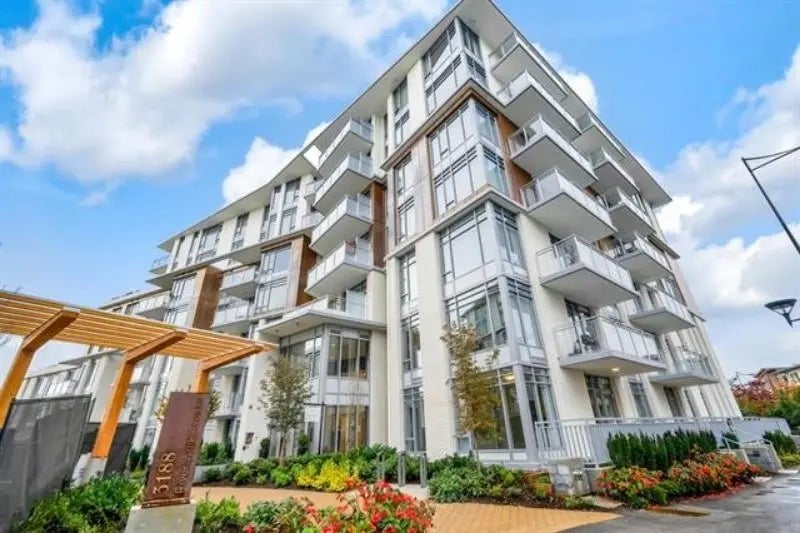
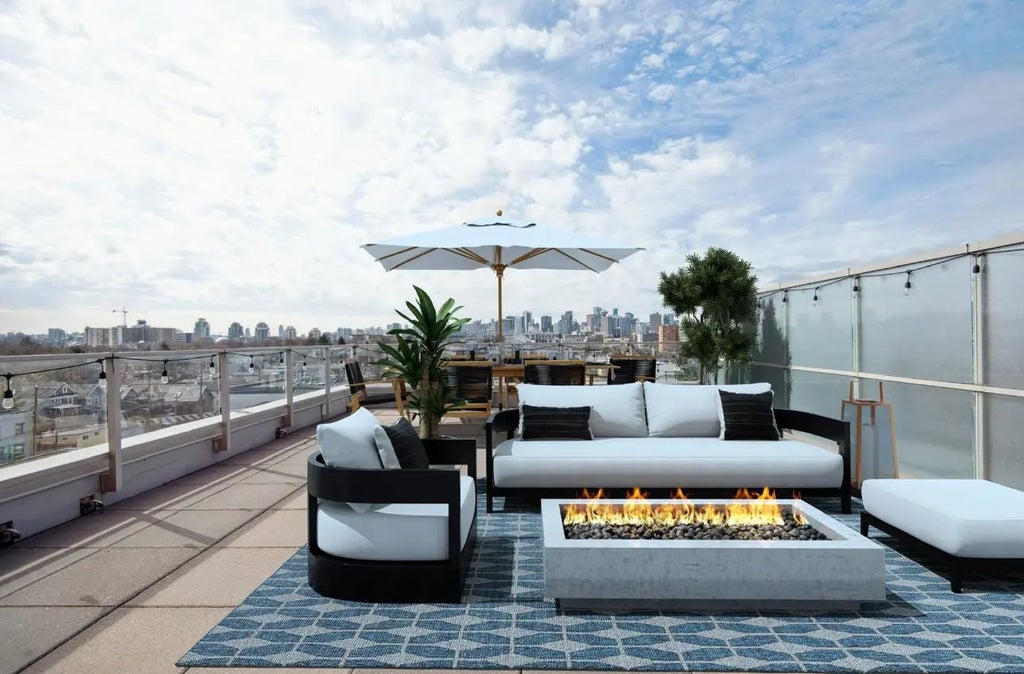
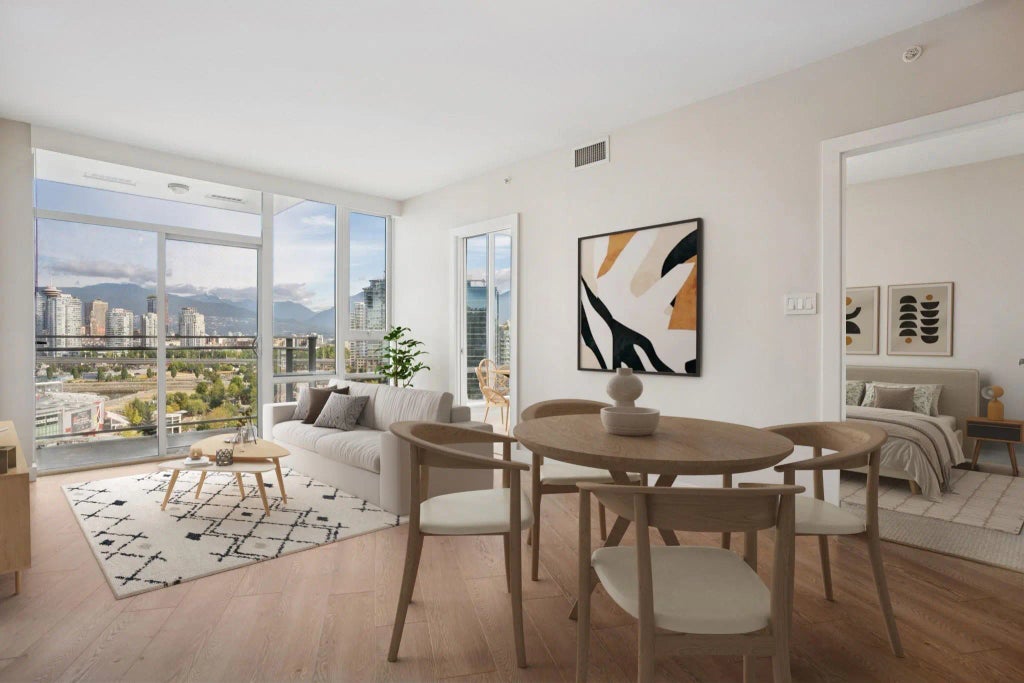
Leave A Comment